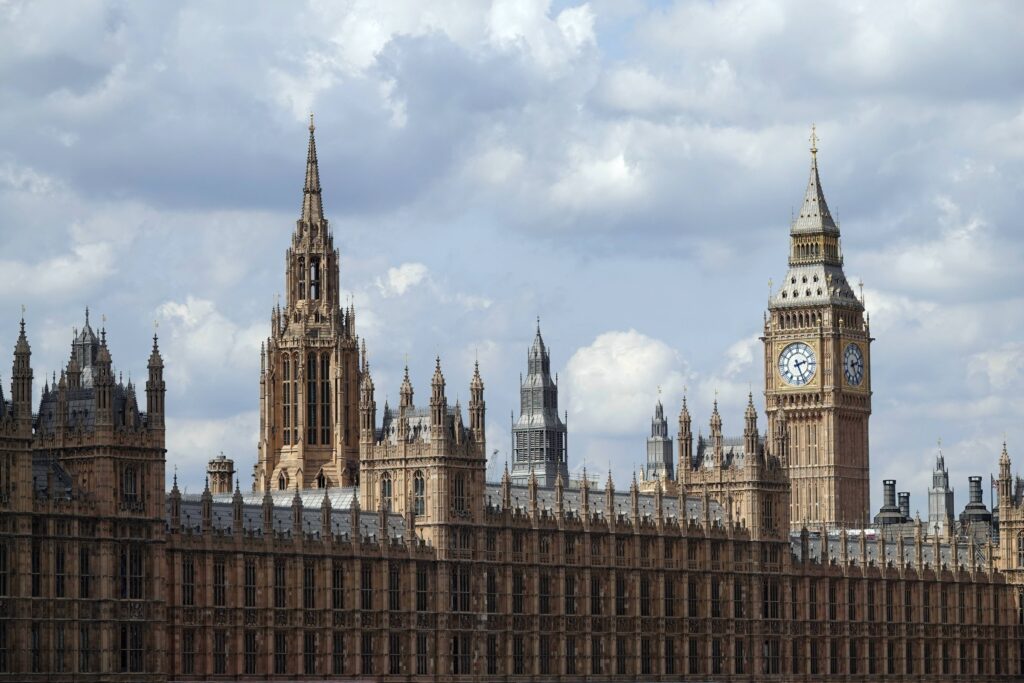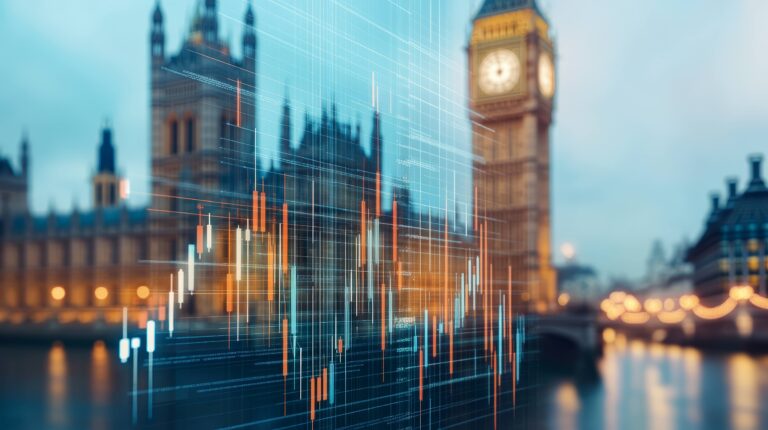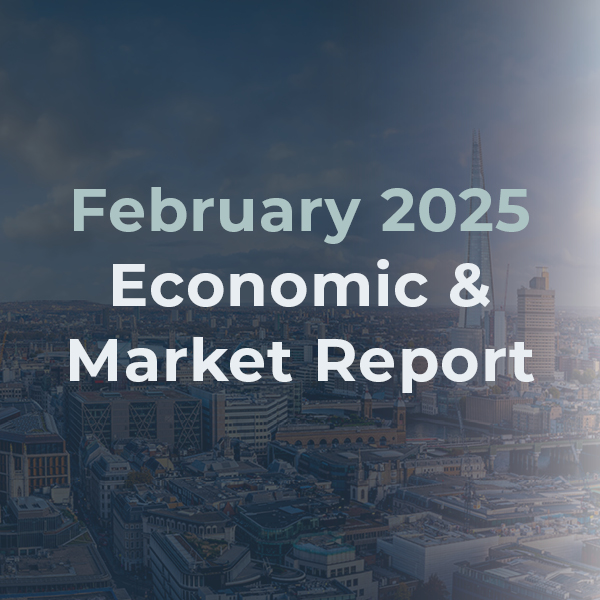Market Insight
UK General Election Results
This Article was Written by: Chris Proudfoot - Fundhouse
Market Insights, UK Interest Rate, UK Politics
Following the overnight news that Keir Starmer and the Labour Party won a large majority in the UK General Election, we have written the following note outlining the potential implications for personal finance and investment markets.
Taxation
Labour has typically been associated with wealth redistribution, higher taxation, and increased spending. However, in this election, both Labour and the Conservatives committed to tighter spending plans. The two parties were perhaps much more closely aligned in this regard than in years gone by. This is in the wake of the shambolic mini-budget of 2022, where Conservatives Liz Truss and Kwasi Kwarteng announced several unfunded tax cuts, which knocked investor confidence in the UK and has left scars on the gilts market – but Labour’s more cautious approach to finances should foster stability and confidence there.
Less ambitious spending plans has meant that Labour has been able to commit to not raising income taxes, which has gone down well with many voters. But we know that the tax burden will certainly increase for some families, with plans to add VAT to private school fees and a promise to reform the ‘non-dom’ rules.
It is also telling to look at the areas where Labour has not explicitly ruled out tax increases, as these may be fair game in the near future: in capital gains tax (CGT), dividend tax, and tax relief on pensions. Neither has Labour addressed the issue of frozen income tax thresholds. Although this is not an explicit way of increasing tax revenues, it is often referred to as a ‘stealth tax’ – wages and other income usually rise with inflation, so by simply freezing the threshold at which one starts to pay tax (or higher rates of tax), more people are destined to be dragged into higher tax bands every year.
Markets
One area of high importance to Labour is in housing, with a pledge to ‘get Britain building again’. It is expected that Labour will aim to change the planning system and focus on affordable housing, utilising the ‘grey belt’ – under-utilised land already in urban areas, such as poor-quality wastelands and disused car parks.
While Labour governments are typically seen as favouring more intervention and regulation across industries, we are reminded that the Conservative government of the last 14 years hasn’t exactly been hands-off itself. We’ve seen such policies as sugar taxes, energy price caps, and windfall taxes on oil producers. This is on top of the increased influence of regulatory bodies such as the FCA and Ofcom. While we don’t expect intervention to lessen under Labour, we note a ‘friendlier’ approach to the financial services sector than may have been expected under previous Labour leadership, with the party ruling out a banking windfall tax or a bonus cap while vowing to cut down regulatory red tape.
The Labour Party have pledged to create Great British Energy: a new, publicly owned clean-energy company, harnessing Britain’s sun, wind, and wave energy potential. Clearly, they are turning their back on the oil and gas industry somewhat, which will likely affect the UK stock market, given the concentration of oil and gas majors in the FTSE.
Finally, regarding currency, it is possible that sterling will experience short-term depreciation due to the initial uncertainty of a new, but long-term effects will depend on Britain’s economic performance under Labour policies.
Conclusion
The last few years have often seen wide discrepancies between the UK’s main parties, particularly under the leadership of Jeremy Corbyn and Boris Johnson – attitudes to Brexit and handling of the Covid pandemic come to mind, amongst countless others. Arguably, the parties are more closely aligned today, which has meant less uncertainty regarding policy and market volatility going into this election. They will likely be more fiscally reserved regarding spending than previous Labour governments, but as noted earlier, they’ve left open the potential for a number of tax increases (excluding income). They will be more open for business than the manifestos of previous Labour leaderships had been and are likely to have a ‘greener’ focus than the outgoing Conservative government.
Clients familiar with our investment philosophy will know that we do not incorporate forecasting of geopolitical events, such as elections, into our portfolio decision-making. While elections often cause short-term volatility in financial markets, they rarely have a predictable longer-term impact.
Speak to the team: mps@fundhouse.co.uk
Fundhouse is the trading name of Fundhouse Bespoke Limited. Fundhouse provides investment management services to professional clients and does not provide financial advice. Importantly, this note does not represent investment advice, and any reader should always speak to their financial adviser before making any investment decisions. Please note that the value of any investment may go down as well as up, and you may lose capital when investing, and the value of your investments may not always increase. Please ensure that you are comfortable bearing financial losses and that you are comfortable taking a long-term investment view of five years or more.










